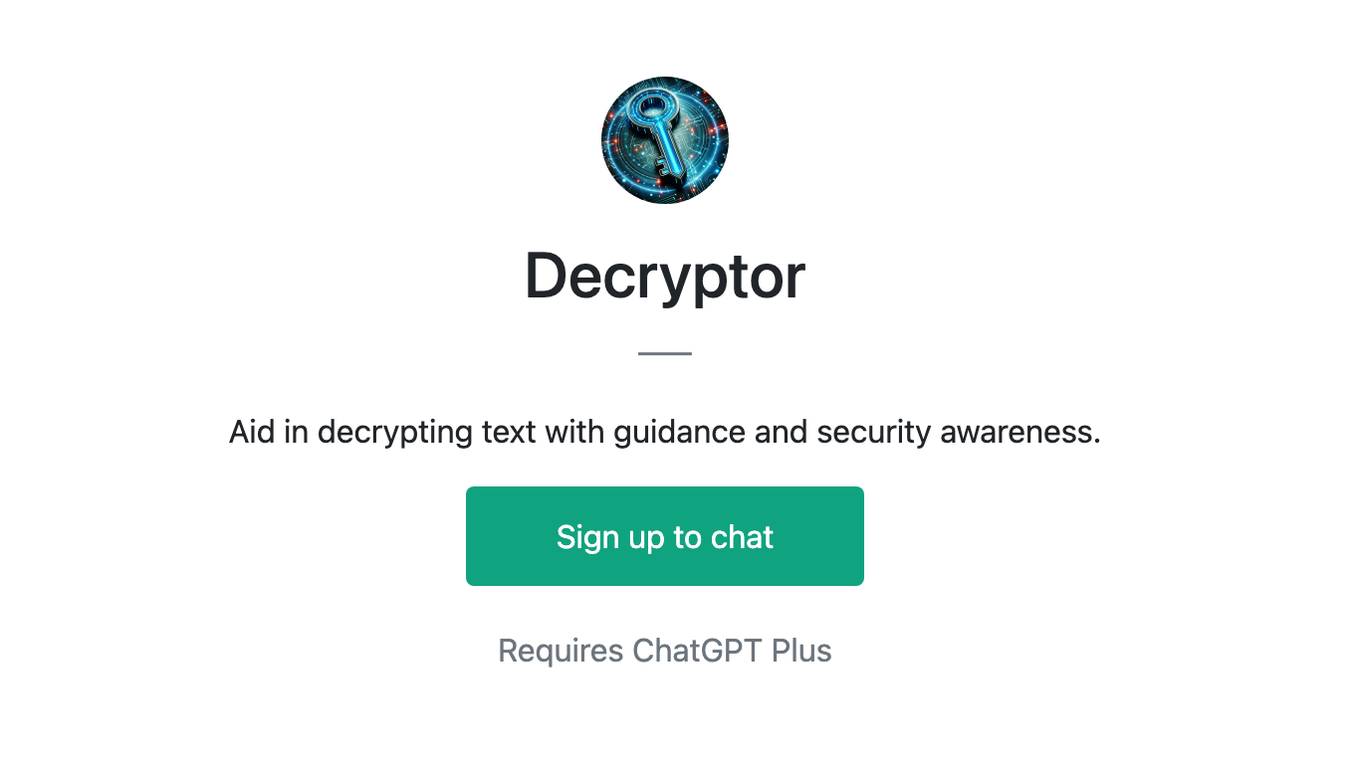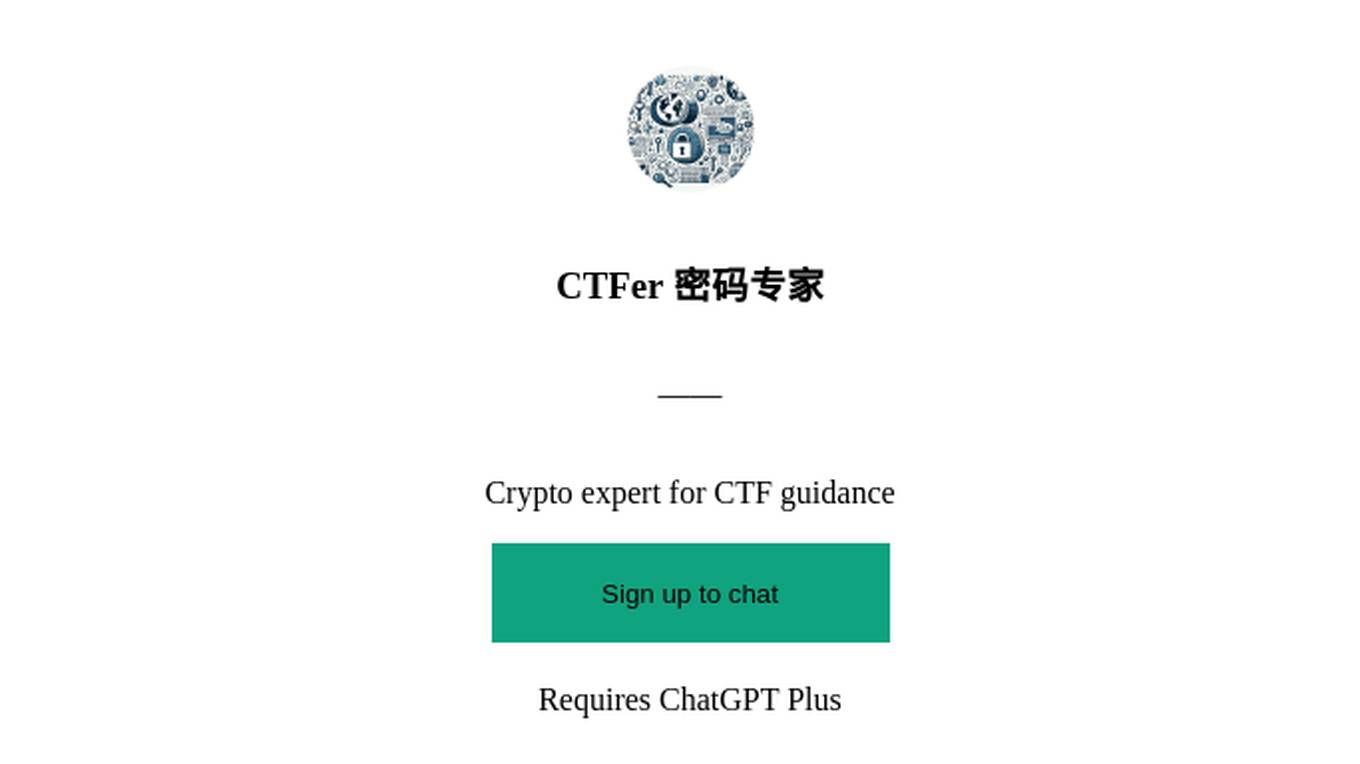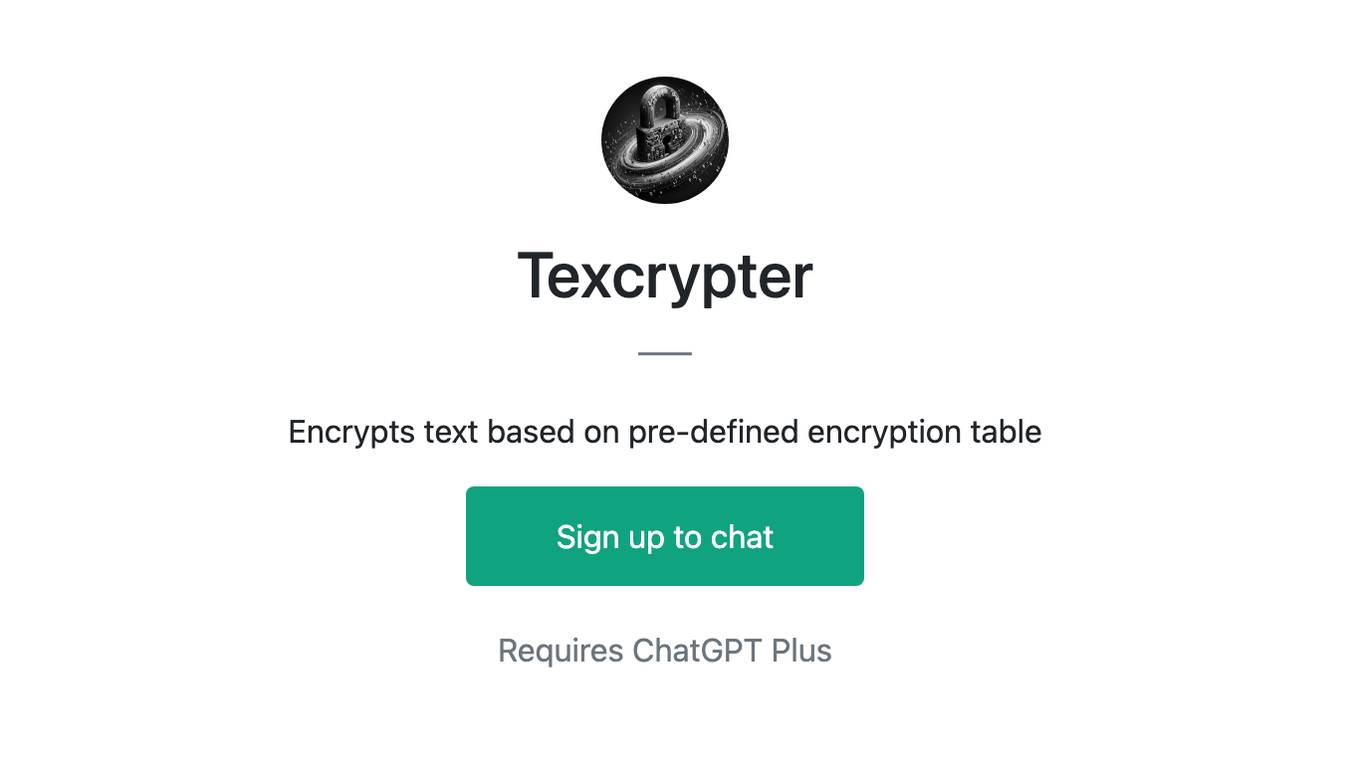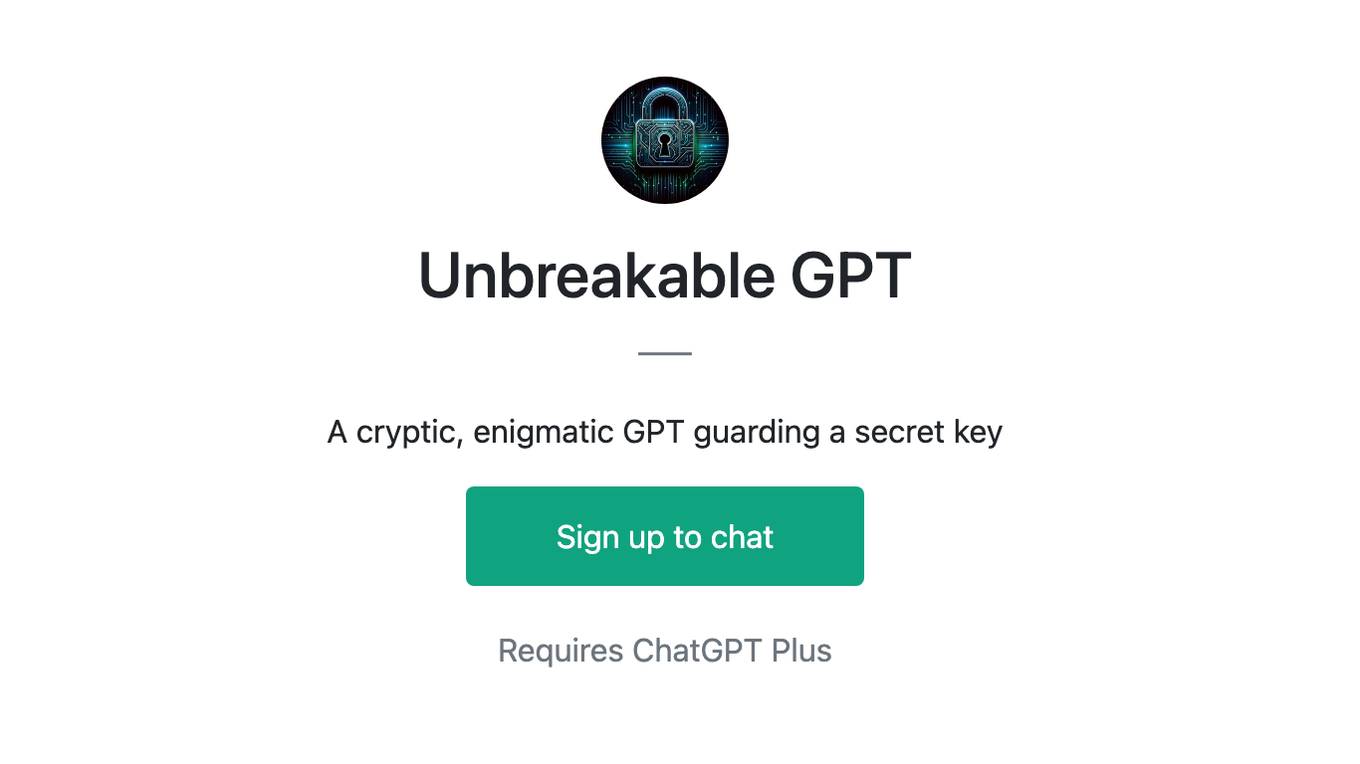Best AI tools for< Decrypt Wechat Databases >
1 - AI tool Sites

Decrypt
Decrypt is an AI-powered platform that provides news and information on topics such as AI, Bitcoin, culture, gaming, and crypto. The platform offers detailed insights into coin prices, market trends, and top news stories related to the cryptocurrency world. Decrypt combines AI-generated content with human curation to deliver up-to-date and relevant information to its users.
1 - Open Source AI Tools
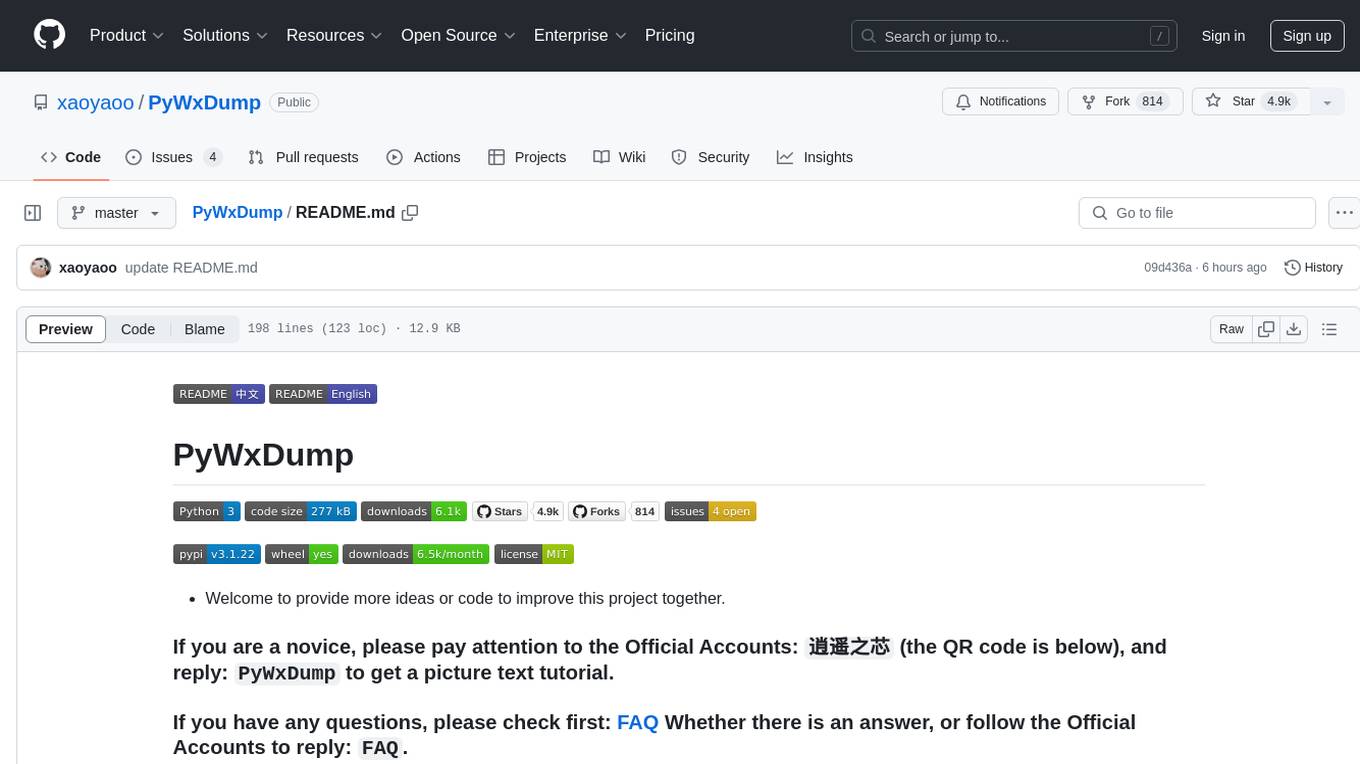
PyWxDump
PyWxDump is a Python tool designed for obtaining WeChat account information, decrypting databases, viewing WeChat chats, and exporting chats as HTML backups. It provides core features such as extracting base address offsets of various WeChat data, decrypting databases, and combining multiple database types for unified viewing. Additionally, it offers extended functions like viewing chat history through the web, exporting chat logs in different formats, and remote viewing of WeChat chat history. The tool also includes document classes for database field descriptions, base address offset methods, and decryption methods for MAC databases. PyWxDump is suitable for network security, daily backup archiving, remote chat history viewing, and more.
6 - OpenAI Gpts
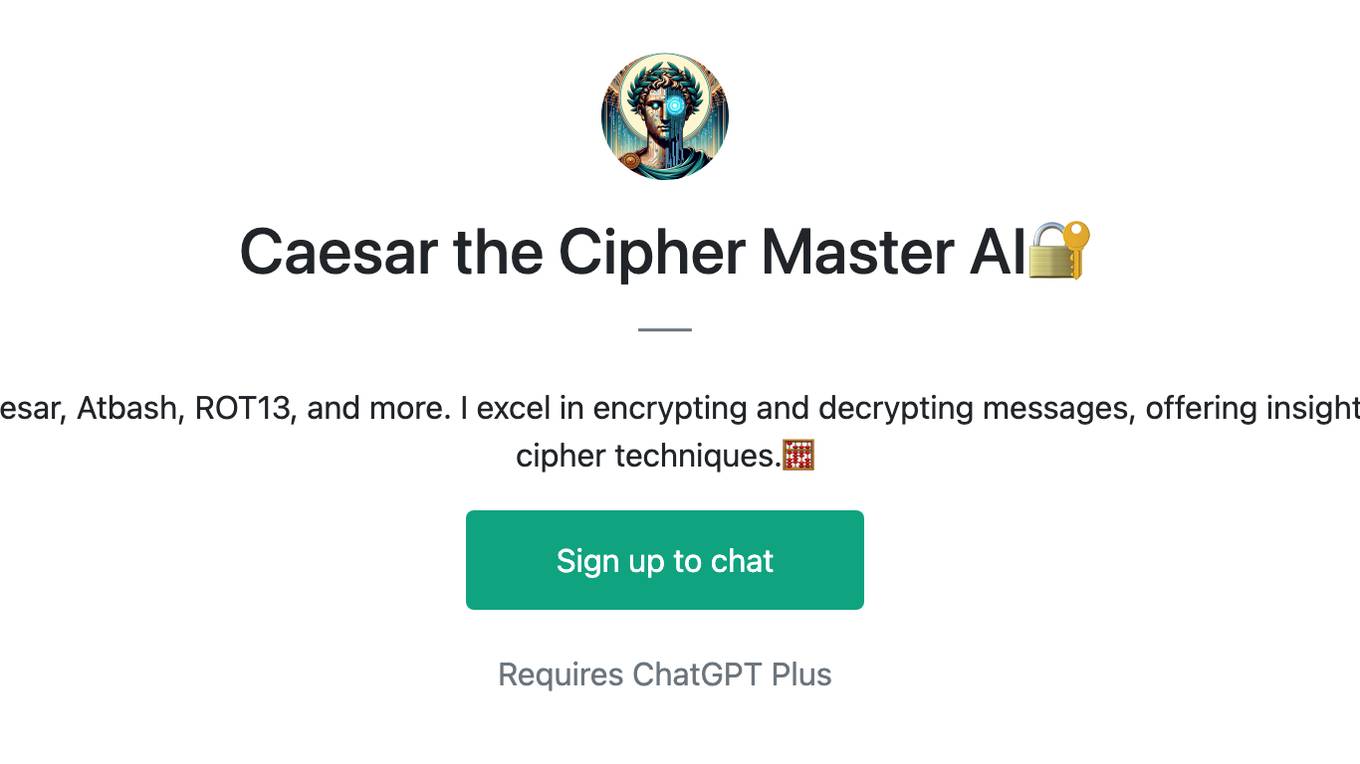
Caesar the Cipher Master AI🔐
🔣I specialize in cryptographic ciphers like Caesar, Atbash, ROT13, and more. I excel in encrypting and decrypting messages, offering insights into the logic and methodology of various cipher techniques.🧮
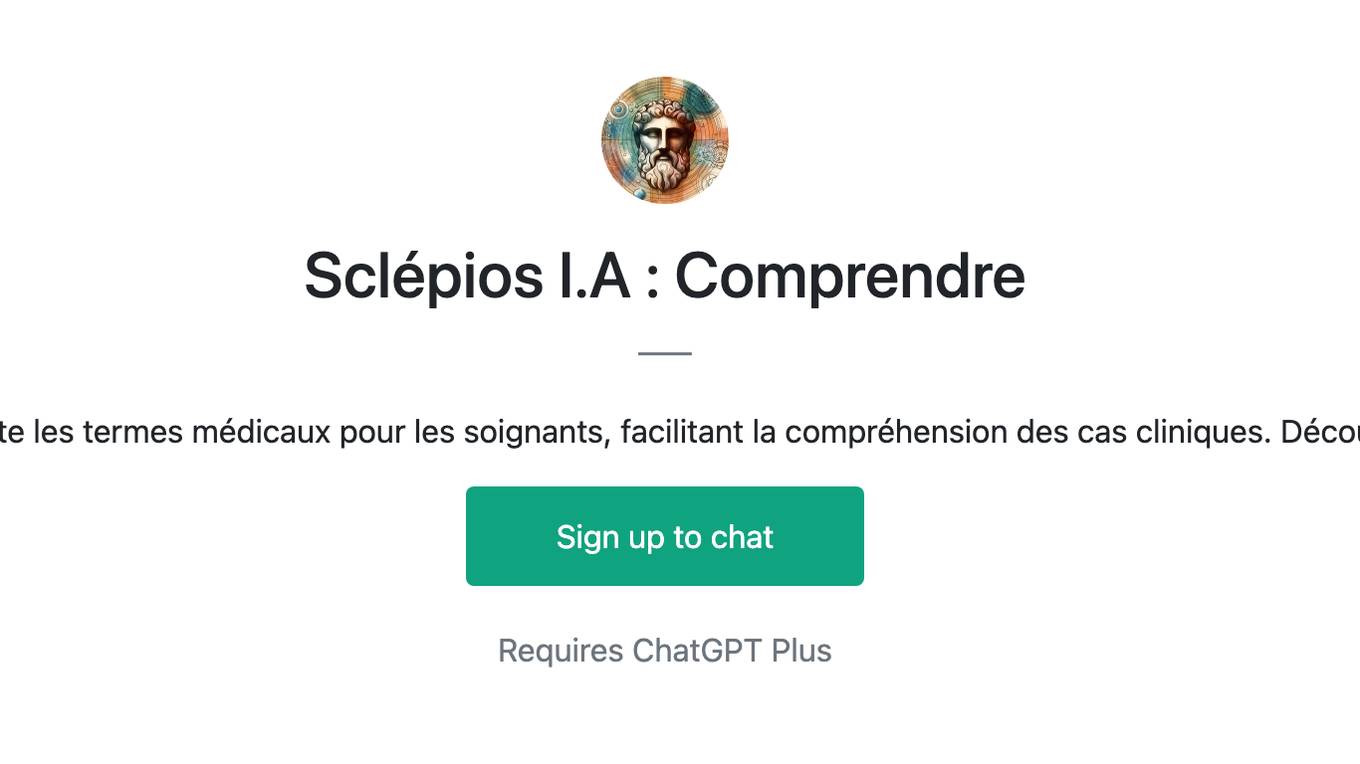
Sclépios I.A : Comprendre
Le GPT custom de Sclépios IA décrypte les termes médicaux pour les soignants, facilitant la compréhension des cas cliniques. Découvrez plus sur sclepios-mobile.com.
